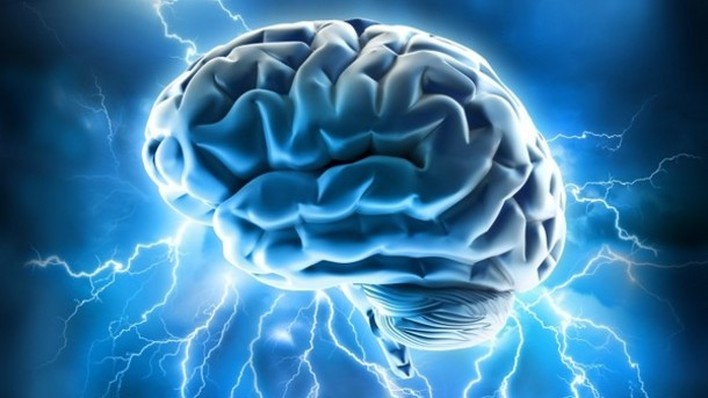PHYSICAL EXERCISE AND BRAIN HEALTH
In this study, researchers took 10 sets of identical twins who had grown up in sports and being active, but in later life one of the twins continued on with this sort of lifestyle, while the other did not. Not surprisingly, the twins that exercised had greater function in the parts of their brain called the, “
striatum and prefrontal cortex gray matter.“MedPage Today just ran an article on this very subject of physical exercise helping brain health (
Friday Feedback: The ‘Brain Benefits’ of Exercise: Clinicians Know Exercise Helps the Heart, but Should They Also Talk About its Cognitive Effects?). Author, Molly Walker, quizzed several physicians as to whether or not there was enough “evidence” (you know; as in EVIDENCE-BASED MEDICINE) for doctors to be talking to their patients about the benefits of exercise as far as the brain is concerned. Below are a few of their answers (remember, these doctors are the elite — the cream of the crop of the medical community).Neurologist, Patrick Lyden: “
Exercise is definitely good for brain function. In fact, of all the strategies offered to prevent dementia, physical exercise has the best data to support it.“Neurologist, Brenden Kelley: “
Many large observational studies have demonstrated a reduced risk of incident dementia and reduced progression of cognitive decline among older adults who regularly exercise.“Neurologist, Marian Evatt: “
It’s clear that evidence is piling up that exercise is therapeutic.” She was speaking specifically here about exercise being “therapeutic” for PARKINSON’S DISEASE.Neurologist / Radiologist, Thomas Thesen: “
Prolonged aerobic exercise changes not only the brain’s physiology and anatomy, but also can lead to improvements in memory and cognition.“Cardiologist, Carl Lavie: “
In fact, we showed that exercise training and higher fitness are associated with marked, usually greater than 50%, reductions in all of these measures of psychological stress.” The measures he was speaking of specifically included, “DEPRESSION, Anxiety, and Hostility”.Cardiologist. Paul Thompson: “
I think that exercise can affect brain function, such as coordination and motor control, but it may also affect hippocampal size, and one would think that since the hippocampus affects the memory that it may have something to do with reducing memory loss.“MORE PROOFS OF THE EXERCISE / BRAIN LINK
OXYGENATION: Exercise drives O2 (Oxygen) into your system. Properly oxygenating your brain is absolutely vital for your overall health. For many who have BRAIN-BASED ISSUES, something called EWOT can be invaluable. A side note here; Having read Dr. Konstatin
Buteyko’s book about the importance of CO2, one of these days I will have to do a post on the subject, as there is more to this O2 / CO2 issue than meets the eye.NEUROLOGICAL INPUT: One of the best ways to stimulate your brain is via something called “PROPRIOCEPTION“, and one of the best methods of stimulating Proprioception is via exercise (for those who have trouble exercising, there is always WBV). I’ve found that the best ways to accomplish this is by altering your exercise routine. For example, if you are a runner or a biker, you will stimulate your brain far more by riding or running through off-road trails than by spending all your time on a track the roadway. Complex activities done one after the other can also provide a lot of brain stimulation (another reason I like Cross-Fit and Strength Training with complex movements such as KETTLEBELL SWINGS). As crazy as it sounds, one of the best methods of exercising your body and brain is TRAMPOLINING. The truth is, “Functional Training” is a field that is rapidly growing and changing. Always figure out what exercise methods you can use to train both your body and your brain together.
INSULIN SENSITIVITY: Exercising increases your sensitivity to insulin so that it does not take as much of it to regulate your blood sugar. Tight regulation of BLOOD SUGAR has proven beneficial in the management of almost every physical ailment you could name. Nowhere is this more true than in the brain.

